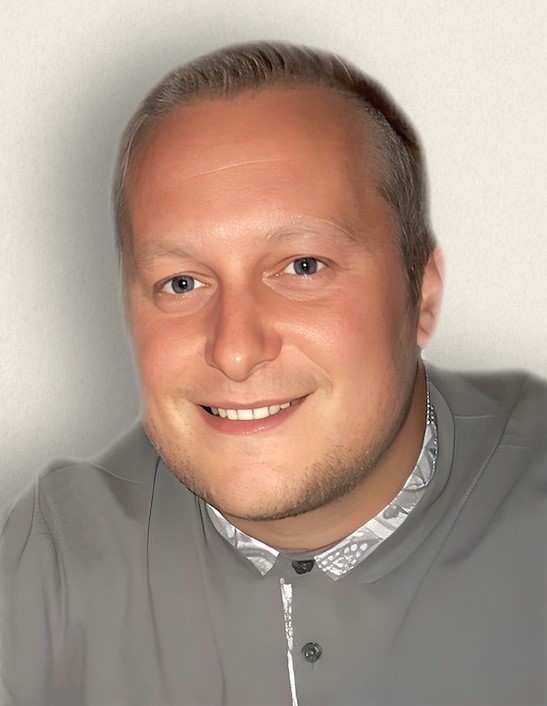Solving Operational Issues to Maximize Production Output: An Interview with Phil Eastwood
 Phil Eastwood, industrial sales engineer at Kadant UK, is always in action, regularly meeting with our valued customers and facing challenges head on. As his career progresses and Phil moves into his new role as industrial business development manager, I spoke with Phil to hear more about his experiences in this field, and how he solves customer problems, improving their productivity.
Phil Eastwood, industrial sales engineer at Kadant UK, is always in action, regularly meeting with our valued customers and facing challenges head on. As his career progresses and Phil moves into his new role as industrial business development manager, I spoke with Phil to hear more about his experiences in this field, and how he solves customer problems, improving their productivity.
FS: Tell me about your career path with Kadant UK.
PE: When I first came to Kadant 11 years ago, I was responsible for the day-to-day operation of the laminate press and multicore, which gave me an in-depth knowledge about the doctor and roll cleaning blades we manufacture.
Next, I began working as a service technician and studied at Alliance Learning, gaining an advanced NVQ Level 3 in mechanical engineering, which was paramount in my service technician role when undertaking mechanical assembly work at site installations.
As I began studying for a HNC in mechanical engineering at Wigan and Leigh College, I took the role of design draftsman in the Kadant engineering office. I gained knowledge of site measure ups, and many aspects of complex 2D and 3D technical drawings. I then moved into sales; customer-facing industrial sales is the area that I enjoy most.
FS: What does your new role as industrial business development manager at Kadant UK entail?
PE: The role of industrial business development manager requires a range of activities that can change from day-to-day. Key account management, satisfying customer needs and ensuring relationships are maintained and developed, regularly visiting existing customers to discuss new solutions, deadlines, and project parameters as well as maintaining existing equipment are all major elements of the role. Providing sales support during installations and assisting technicians, or meeting customers to follow up on an installation is also an interesting part of the job.
FS: What are the first steps you take when a customer approaches you with a potential problem?
PE: First, it is important to gather as much information as possible about the customer’s needs to give a clear picture of what is expected. Does Kadant already have a solution? If not, can we create one? Typically, a site meeting is the most productive solution. Discussions regarding production, safety and quality issues, machine downtime, and a general overview of the manufacturing process can be explored. A machine survey is the next step. Observing the current manufacturing process is extremely helpful when recommending a solution.
FS: How do you help customers maximize their production output?
PE: Minimizing machine downtime, operator maintenance and cleaning, and improving product quality are all driving factors when maximizing production output. Kadant products are specifically designed with these factors in mind. Demand to increase machine speed without sacrificing machinery and quality can be extremely challenging; however, this is manufacturing, and any gains can be profitable for the customer. Recommending the correct blade solution, for example, can lead to increased runnability and less frequent blade changes.
Similarly, rotary joints are essential in heating and cooling cylinders, these must be robust enough to last and perform well with good life. Additionally, repair kits and easy seal replacement can also assist in minimising machine downtime, long-lasting sealing technology that outperforms competition can be very valuable to the customer’s manufacturing process.
FS: What challenges have you seen in the field?
PE: There are various challenges I have witnessed, primarily the economic climate can be a major issue; inflation, the pandemic, raw material price fluctuations, energy costs, and fuel prices all contribute to a competitive market.
Specifically, in Fluid Handling, non-genuine spares have become a challenge. Non-genuine spares can be extremely dangerous and present safety issues along with poor performance, educating customers of the dangers of using non-genuine parts can be a challenge.
FS: What is the most rewarding part of your job?
PE: Receiving positive feedback from customers is the most rewarding. Feedback about a significant return on investment is particularly pleasing when data on reduced machine downtime, product quality, safety, and efficiency all show improvements. Of course, there is also great pride when customers recommend Kadant UK to others.